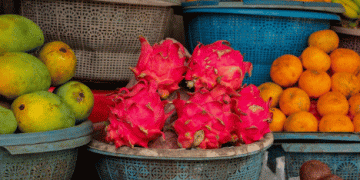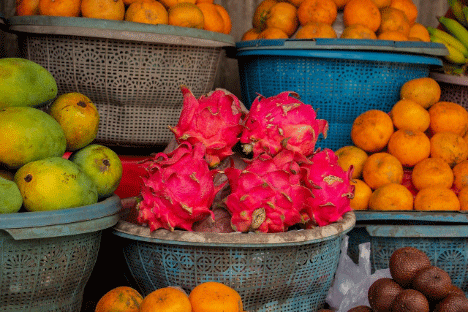The cultivation of tropical fruits in Turkey began with passion fruits but quickly expanded as farmers recognized the potential of these high-value crops. Avocados, in particular, have become a standout success. Over the past 12 years, the area devoted to avocado farming in Alanya has skyrocketed from 250 acres to an impressive 16,500 acres. This growth reflects a robust response to rising domestic and international demand for avocados.
In the last year alone, the Alanya region harvested between 70 and 80 million avocados, with projections to reach 100 million in the current year. This surge in production is a clear indicator of the increasing market opportunities for Turkish avocados, both locally and abroad.
Expansion into Exports
In addition to avocados, Turkey has begun exporting other tropical fruits, including mangos, dragon fruits, and guavas. These exports are contributing to the country’s agricultural trade balance and supporting overall economic growth. The ability to successfully cultivate and market these fruits is positioning Turkey as a rising player in the global tropical fruit market, a sector traditionally dominated by countries in Latin America, Africa, and Southeast Asia.
The diversification into tropical fruits is not just about meeting the growing consumer demand but also about maximizing the use of Turkey’s varied climate and fertile soils. The Mediterranean climate of regions like Antalya and Mersin provides ideal conditions for growing these crops, giving Turkish farmers a competitive advantage.
Economic and Agricultural Implications
This shift towards tropical fruit production is a strategic move that aligns with global agricultural trends, where there is increasing emphasis on high-value, export-oriented crops. For Turkish farmers, this means greater revenue potential and the opportunity to tap into new markets. It also represents a shift away from more traditional crops, which may face lower demand or price volatility.
Moreover, the Turkish government’s support for agricultural diversification, coupled with the growing expertise among local farmers in cultivating tropical fruits, suggests that this trend will continue to gain momentum. As Turkey continues to develop its tropical fruit sector, the country could see significant long-term benefits in terms of agricultural sustainability, economic resilience, and global trade competitiveness.































